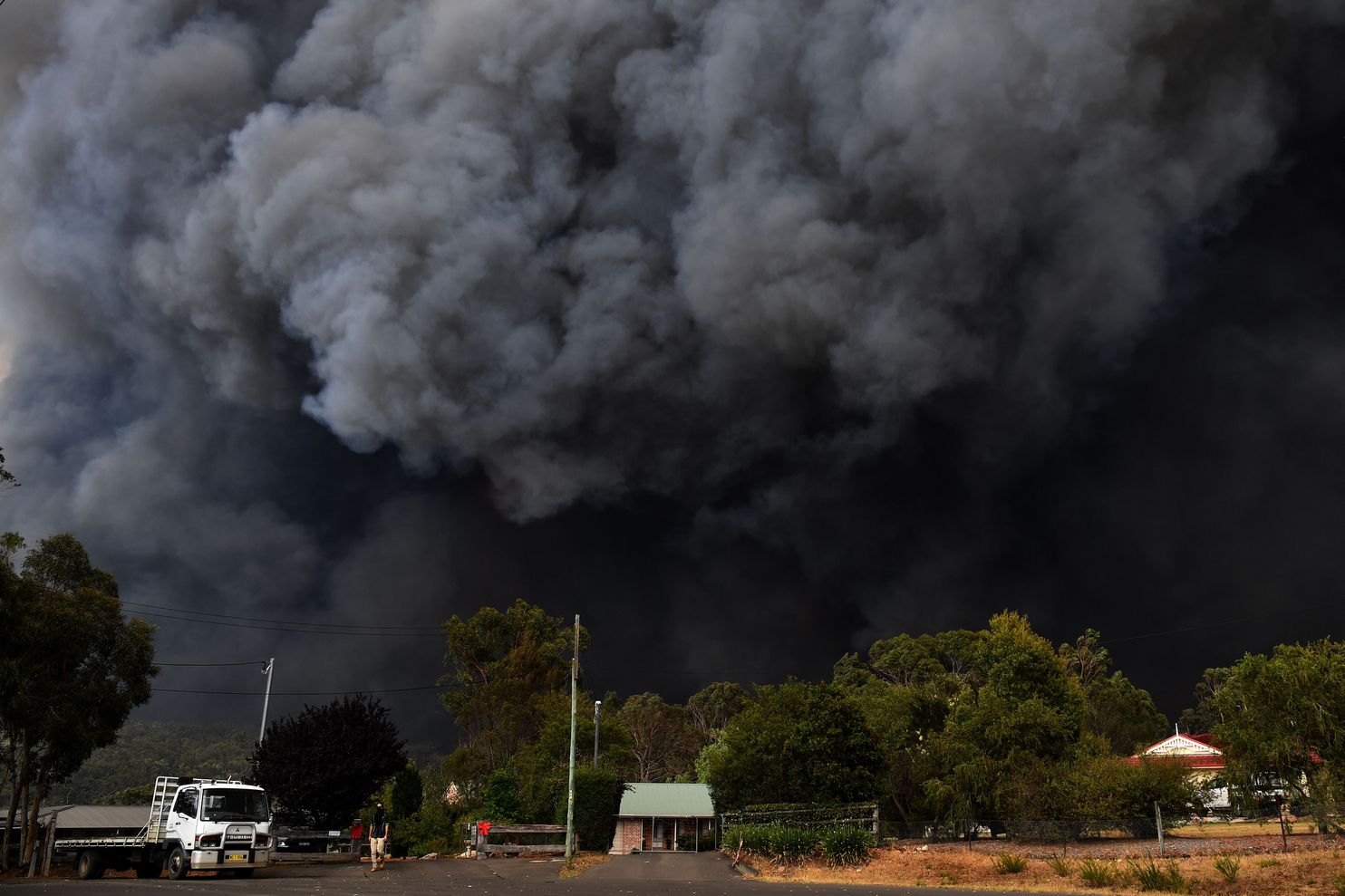The Australian bushfires have made headlines all over, and the world is concerned over the plight of the people whose homes are being burned down and the many whose lives were claimed by the raging fires. But after the human cost, the larger long-term question remains: how is this going to affect the environment? And more importantly, how is this going to affect you, the average person and your home?
The effects of the fires have been tumultuous. But the biggest threat from an air quality perspective are the record high levels of aerosols and carbon dioxide measured by NASA satellites. It’s estimated that about 400 million tons of carbon were released by the fires. The particulates and soot from the fires are so powerful and have been blown by the winds, to the point that they are settling down on neighboring countries like New Zealand.
What are the things you can do to protect yourself, your home and your family?
- Stay Indoors. In the occupational safety industry the best way to protect yourself, is to avoid the dangers altogether. The bush fires have thrown smoke, soot and particulates all over the air, making outdoor air pollution worse than usual. Work around this by staying home or indoors as much as possible. Getting out to enjoy nature is well and good, but there is a time for it, and considering the ongoing crisis now is not the time.
- Keep windows and doors closed. Keeping the indoor air clear is important. We can protect our houses and our homes simply by closing the doors and windows at all times. Use fans and air conditioning to stay cool through this difficult time and limit the opening of these portals to the outside air as much as possible.
- Use a high-efficiency filter in your ventilation system. If you don’t ventilate your home, though, the air will grow stale and your air quality will suffer. Your ventilation system has to pull in fresh air from the outside, but if the air isn’t fresh due to the smoke a filter will do the trick. Install a good filter on your ventilation system to keep breathing the good air.
- Avoid activities that create particulates indoors. You can’t rely on opening the windows to ventilate your home, so these activities are no-no’s for the time being.
- Smoking (cigarettes or vapes)
- Cooking with gas, propane or wood-burning stoves. Use electric stoves for now.
- Aerosol sprays. These include spray deodorants and air-fresheners. Find non-spray alternatives.
- Frying or broiling food. Use different cooking methods for the meantime.
- Burning candles or incense. Use electric lamps if needed.
- Vacuuming. This stirs up the particulates in your house. Use a broom for now.
It’s inevitable though that you will have to go outside. When you do, you can still take steps to protect yourself.
- Get N95 filter masks. This is the crucial piece of personal protection you will need. N95 masks are certified to keep particulates out of your lungs. The best way to protect yourself is still to avoid being in polluted locations, but this isn’t always an option. When you have to go out and are exposed to the smoky air, having an N95 mask will keep out all the smoke and ash.
- Don’t exert yourself. Strenuous activity just increases the amount of air you need to breathe. Relax and keep calm, this will lower your breathing intake and limit how much smoke you inhale when you are exposed.
- Make use of cars and enclosed transport. Bicycling is usually a healthy activity, but keep to using cars with air-conditioning and similar vehicles to get around town for now.
The bush fires are a huge tragedy and a disaster of unprecedented gravity, but it is possible to limit the effects on yourself, your home and your family. If you follow these tips, they will go a long way to keeping you and yours safe.

